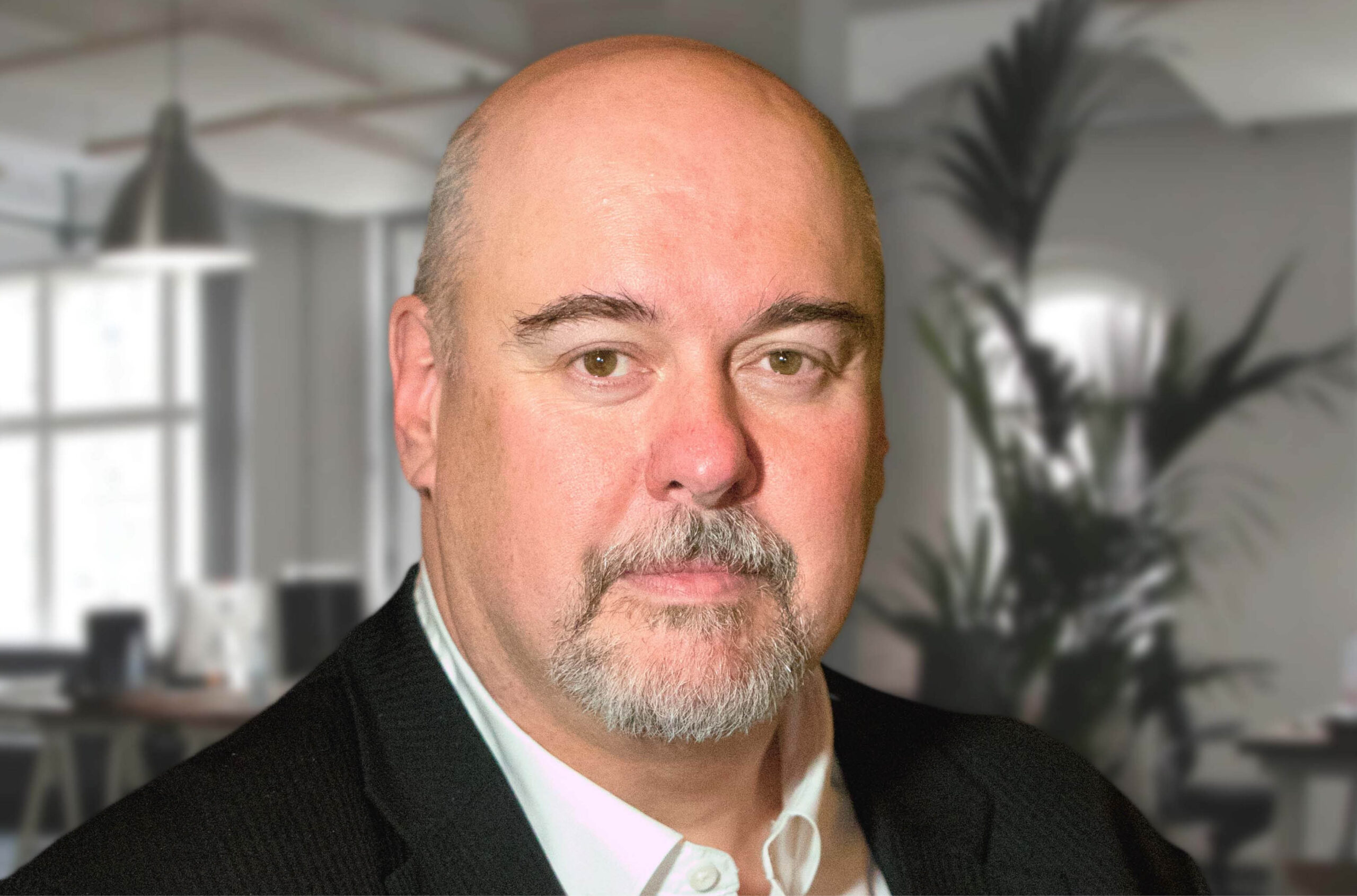Addressing gender inequality in science: Male role models wanted
How do I encourage male scientists to join the discussion and be a role model for their colleagues?

“I shouldn’t be here,” said David Kent to a mostly female audience in Berlin which barely filled the first few rows of the lecture theatre. Dr. Kent, a scientist based in Cambridge, U.K. was referring to the struggle by the organizers to find a male research group leader, working in Germany, who was willing to talk about gender equality in science. Herein lies the problem.
On October 9, 2017 the Max Delbrück Center for Molecular Medicine in the Helmholtz Association hosted the 50/50 symposium with the tag line “why the whole is greater than the sum of its parts.” The posters for the symposium were spread all over the campus and, at least in my opinion, inspired interest. The message was clear and simple: equality and diversity benefits everyone and men are essential to advancing the cause. From a research institute with over 700 research staff and over 500 PhD students and postdoctoral researchers combined, less than 20 people attended and the only men there were either presenting or performing.
During the symposium, two excellent speakers shared their path through academic science and the impact that their life choices had on their careers. First, Christa Schleper, a professor in ecogenomics and systems biology at the University of Vienna, suggested that we bring a little bit of Scandinavia into our work places, referring to the flexible day care that she experienced whilst working in Norway. During that time, professor Schleper was in the department of biology at the University of Bergen where she juggled a successful career and two young children. Professor Schleper was careful to point out that everything was 50/50 between her and her partner, another scientist. She also spoke of the importance of choosing your scientific family and how crucial it is to feel authentic and comfortable.
The second speaker, Dr. David Kent, a group leader at the Cambridge Stem Cell Institute (and creator of the Black Hole), spoke about shared parental leave and the very polar reactions he received from fellow scientists. One reaction was a metaphorical pat on the back: Who knew that a man would step away from his career and devote his time to raising a young child? What a rarity! What a hero!? The second, very different, reaction that Dr. Kent shared highlights just how far we are from achieving equality in science. When detailing his plans of parental leave with a colleague he was told: “If you do this, you will destroy your career!” Following this anecdote, Dr. Kent posed the questions ‘What about my partner’s career?” and “Who is patting her on the back?”
Overall the 50/50 symposium was inspiring, informative and entertaining and it was one of several initiatives that the MDC undertakes to improve gender equality in the workplace. However, there was one crucial aspect missing – where were my male colleagues? My current view is that the extra struggles and barriers that a female scientist faces to succeed at the same level as her male colleagues are treated like small details and this leads to complacency across the scientific workforce. Changes that would hasten equality in academic science are consequently ignored and I am left with one puzzling question: How do I encourage male scientists to join the discussion and be a role model for their colleagues? And I’m afraid that in this case, I simply don’t have any answers…
The 50/50 symposium highlighted this massive disparity in the views men and women have towards females pursuing careers in science. The further one looks along the scientific career path, the fewer women there are in positions of power. I believe we can change this, but we (the scientific community) need to push the agenda. When Dr. Kent was asked at which level change should come from he replied “at all levels” – and I couldn’t agree more. It is time that we all start working together to make equality in science a reality and, when we get there, everyone will benefit.
Featured Jobs
- Canada Excellence Research Chair in Computational Social Science, AI, and Democracy (Associate or Full Professor)McGill University
- Business – Lecturer or Assistant Professor, 2-year term (Strategic Management) McMaster University
- Psychology - Assistant Professor (Speech-Language Pathology)University of Victoria
- Veterinary Medicine - Faculty Position (Large Animal Internal Medicine) University of Saskatchewan
- Education - (2) Assistant or Associate Professors, Teaching Scholars (Educational Leadership)Western University
















Post a comment
University Affairs moderates all comments according to the following guidelines. If approved, comments generally appear within one business day. We may republish particularly insightful remarks in our print edition or elsewhere.